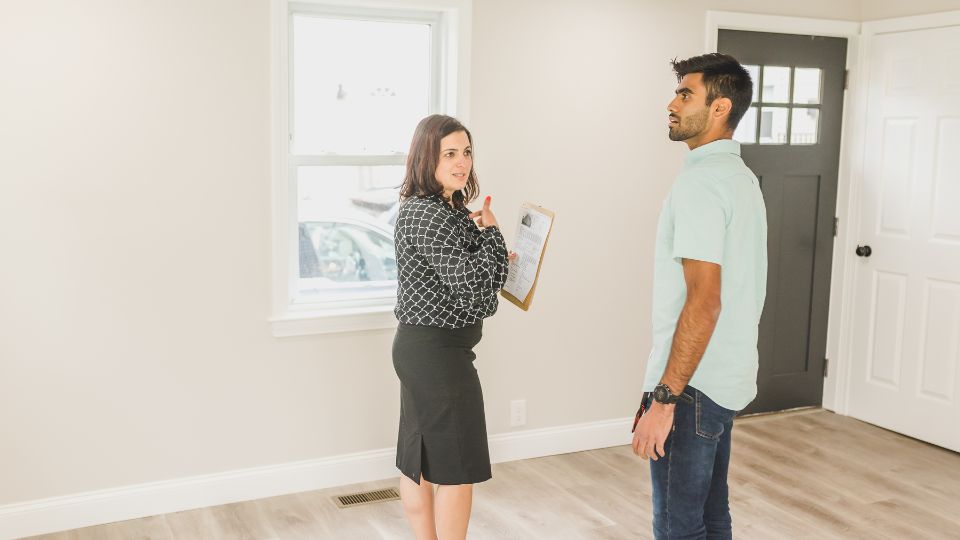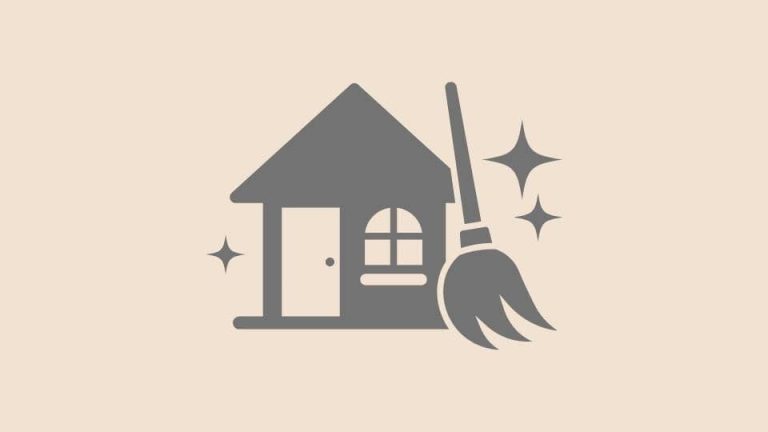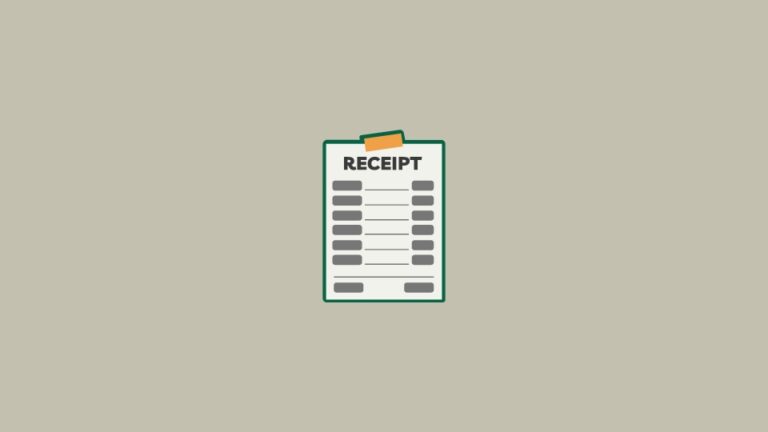What to Do if My Landlord Enters Without Permission?
It can be upsetting and scary when your landlord or representative enters your rental unit without permission. While it is true that landlords have a right to enter their rental units under certain circumstances, there are also laws in place that protect tenants from landlord intrusion.
In this blog post, you will read:
- When can the landlord enter without permission (Top Reasons)?
- Does the landlord give notice before entering?
- What Can I Do if My Landlord Enters without Permission?
- Penalty for unlawful access
When Can Landlords Enter Without Permission?

The landlord can enter the rental unit without permission in the following three circumstances:
- If there is an emergency
- If the tenant has abandoned the unit
- If the landlord needs to make repairs
- If inspections are required or authorized by the government
If there is an emergency
According to the law, landlords can enter without permission if an emergency such as a fire, flood, or gas leak occurs. The landlord must reasonably believe there is an immediate threat to the safety of the occupants or the property.
Technically, landlords are not required to notify tenants before entering the apartment. However, it is always a good idea to let the tenant know you will be coming in case of an emergency.
If the tenant has abandoned the unit
If the landlord reasonably believes that the tenant has abandoned the unit, they can enter without permission. The landlord must first make an effort to contact the tenant and confirm that they have indeed left the unit. Once the landlord is certain that the unit is abandoned, they can enter and take possession of the property.
If the landlord needs to make repairs
If the landlord needs to make repairs, they can enter the unit without permission. However, the landlord must give the tenant reasonable notice before entering. The amount of information required will depend on the state or local laws where the property is located.
In general, landlords are required to give tenants 24 hours notice before entering the rental unit.
If inspections required or authorized by the government
Landlords may enter the rental unit without permission if entry is required or permitted by the government. For example, building code inspectors or health department officials may need to enter the unit in order to perform their job.
Does the landlord give notice before entering?
In general, landlords are required to give tenants 24 hours’ notice before entering the rental unit. The landlord must have a legitimate reason for joining the unit and they must give the tenant reasonable notice.
However, there are some circumstances where the landlord can enter without giving notice. These include if there is an emergency, if the tenant has abandoned the unit, or if the landlord needs to make repairs.
What Can I Do if My Landlord Enters without Permission?
If your landlord enters your rental unit without permission in case of non-emergency, there are a few things that can be done:
Injunctive Relief
The tenant can sue the landlord and ask the court for an injunction. This is a court order that would prohibit the landlord from entering the unit without permission in the future.
Termination of the rental agreement
The tenant can also choose to terminate the rental agreement. This means that the landlord would no longer have the right to enter the unit, and the tenant would be free to move out.
Penalty for unlawful access
The landlord may be subject to a fine if they unlawfully enter the tenant’s rental unit. The amount of the fine will vary depending on the state or local laws where the property is located.
Attorney Fees and Costs
The tenant may recover their attorney fees and court costs if they are successful in suing the landlord.
If your landlord has entered your rental unit without permission, you should consult with an attorney to discuss your legal options. An attorney can help you determine if the landlord’s actions were lawful and what type of relief you may be entitled to.
Do’s and Don’ts for Landlord
Proper Notice
The landlord must give the proper tenant notice two days before entering the unit unless there is an emergency. The landlord should check with their state or local laws to see how much notice is required.
You can provide notice by email, telephone, or writing notice to the dwelling unit.
Reasonable timing and frequency
The landlord can only enter the dwelling unit for a reasonable amount of time and no more than once in 24 hours unless it is an emergency.
If possible, the landlord should try to schedule a time to enter the unit when the tenant is not home. The landlord should also knock on the door and announce their presence before entering the unit.
Landlords can generally enter between 8:00 a.m. and 8:00 p.m., but they can also come in at other times if they have the tenant’s permission or an emergency.
Do not Abuse the Rights of Access
The landlord should not abuse their right to access the tenant’s dwelling unit. This means that the landlord should not enter the team more often than necessary or for reasons other than those allowed by law.
For example, the landlord should not enter the unit to snoop around or to harass the tenant. If the landlord does this, the tenant may have grounds to sue the landlord.
The Bottom Line
If your landlord enters the property without permission, they may violate state law. If this happens, you can try to negotiate with your landlord, reach out to a lawyer, or file a complaint with the government agency that oversees housing. No matter what you decide, it’s important to document everything that happens and keep records of all conversations and interactions.






